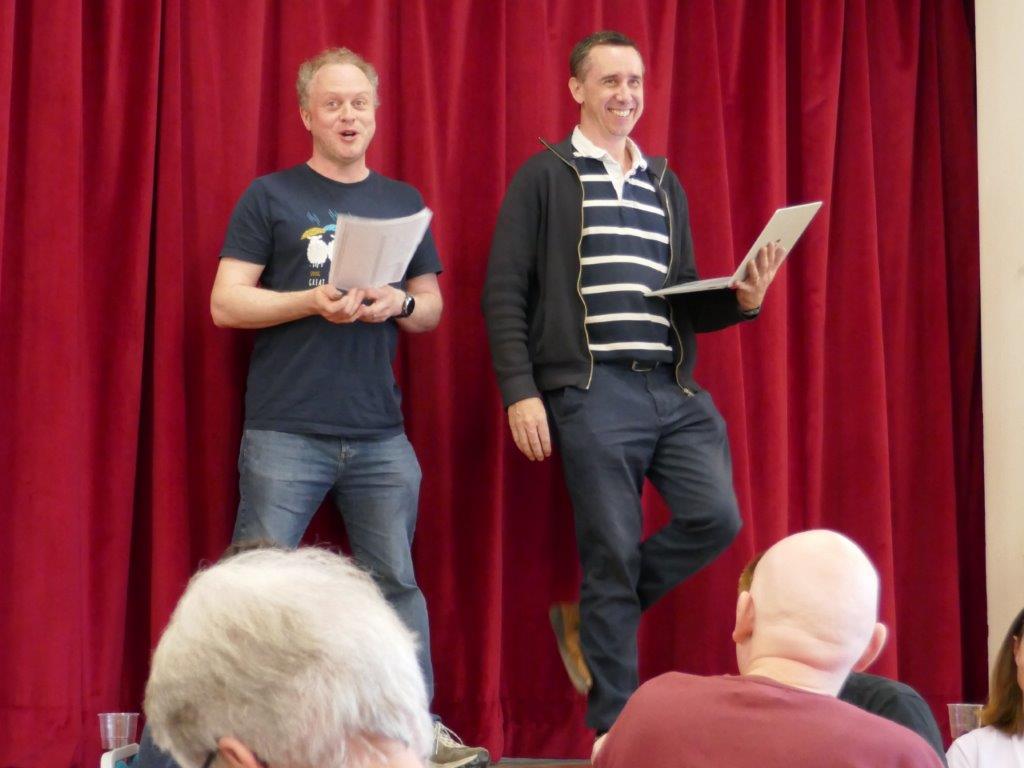NATIONAL CALL CHANGE COMPETITON
The 2025 competition was held at Coaley in Gloucestershire. It was won by St Paul’s Birmingham, with Kingsteignton in second place – a reverse of last year’s top two positions. Third and fourth places went to Bristol and Bow – again a reverse of last year’s positions. This is therefore for the first time a non Devon or “Muggle” band has won this competition.
The judges were Matthew Hilling of Exeter and Chris Poole of Stonehouse
Result
| Place | Band | Faults |
|---|---|---|
| 1st | St Paul’s, Birmingham | 18 ½ |
| 2nd | Kingsteignton | 20 |
| 3rd | Bow | 29 |
| 4th | Bristol | 34 |
| 5th | South Brent | 41 |
| 6th | Broadhempston | 46 |
| 7th | Bisley | 48 |
| 8th | East Anstey | 51 ½ |
| 9th | Corneesh Creeeam | 56 ½ |
| 10th | Kenton | 57 |
| 11th | Tiverton St Paul | 57 ½ |
| 12th | Cheltenham St Mark | 64 ¾ |
| 13th | Moseley | 70 ¾ |
St Bartholomew, Coaley
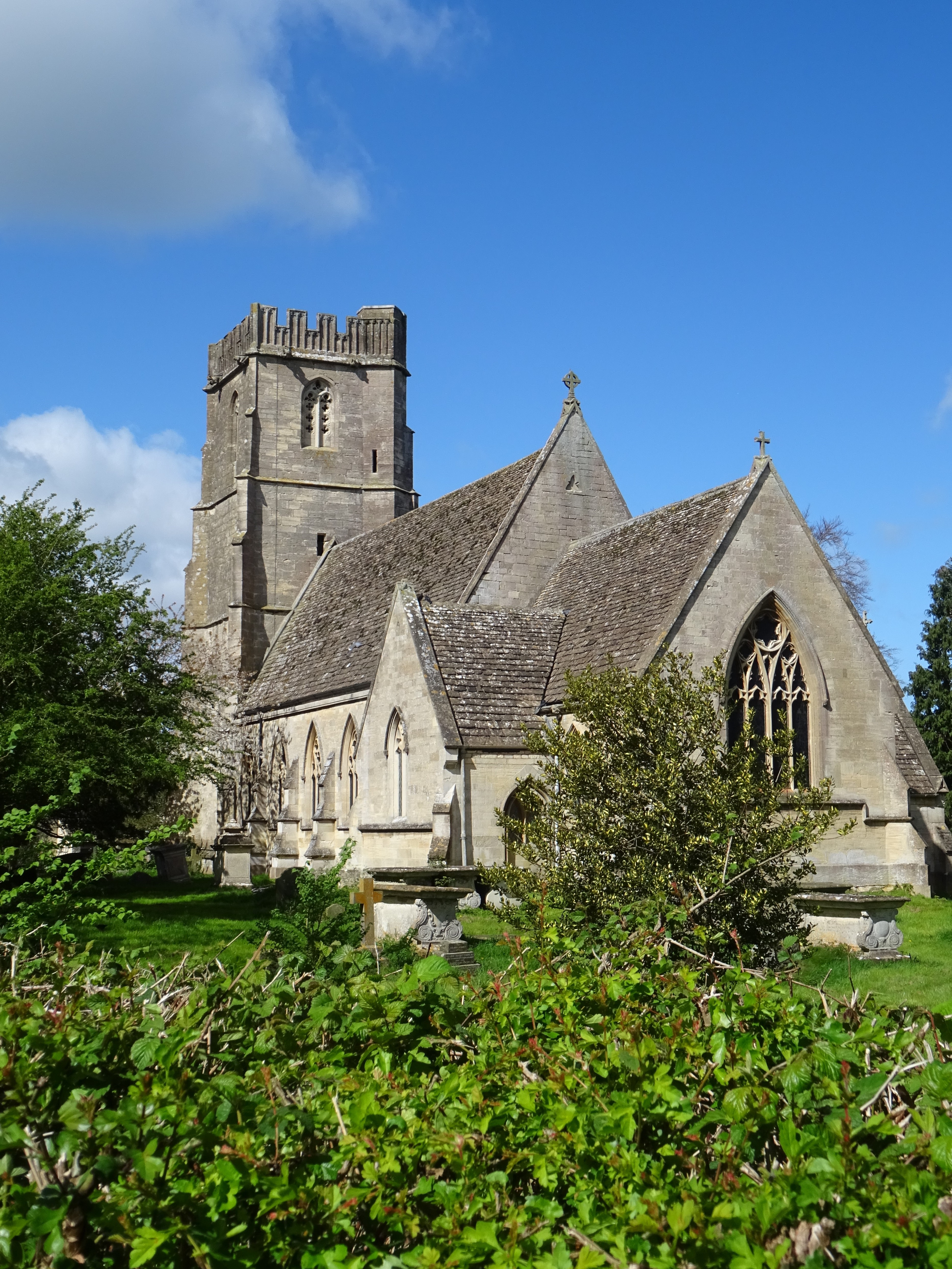
Simon Linford handing the winning certificate to Michael Wilby
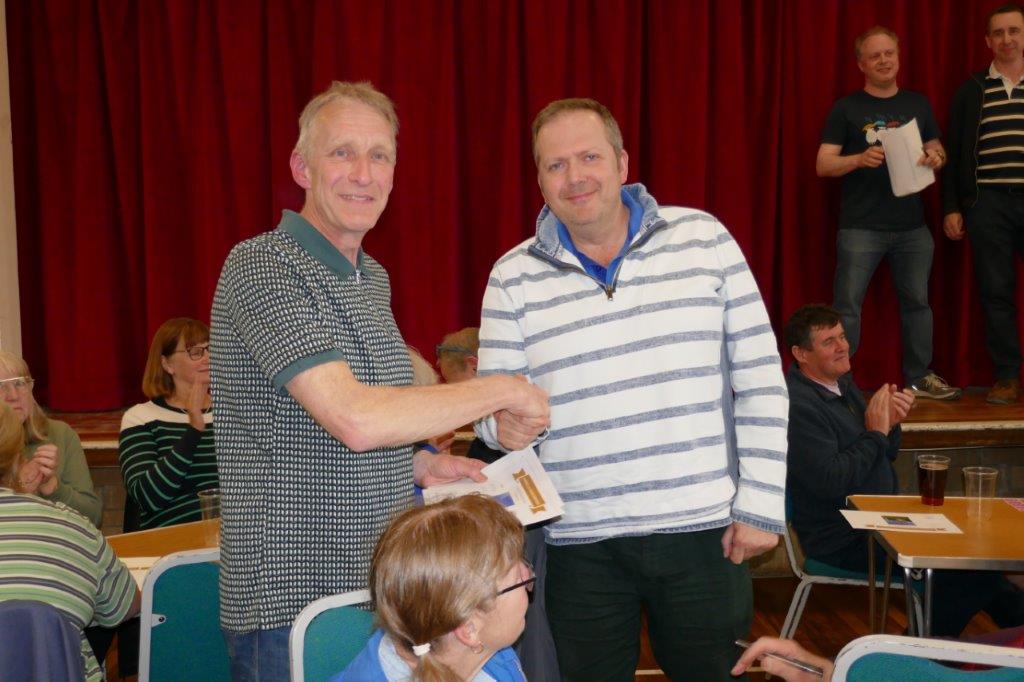
Fish and chip supper
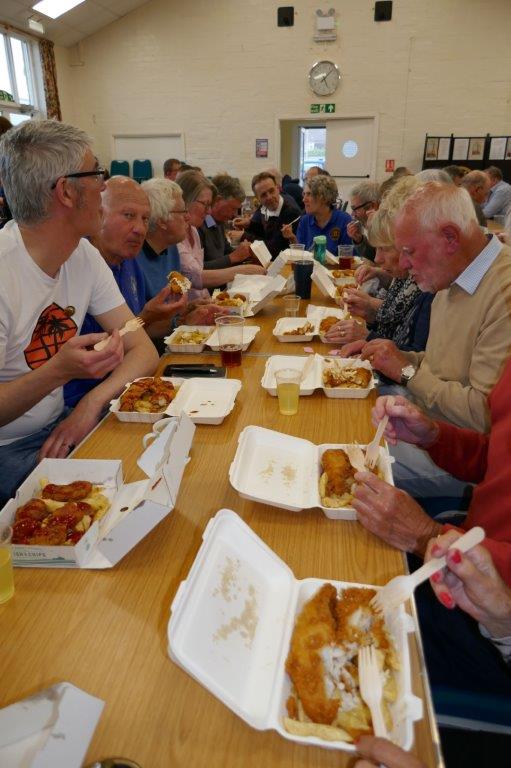
Sarah Lorkin leading the volunteer team
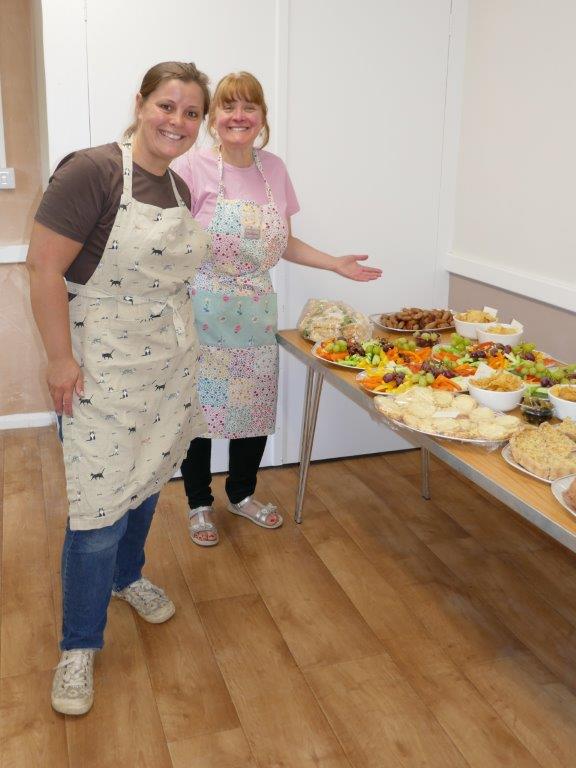
Winning band St Paul’s Birmingham
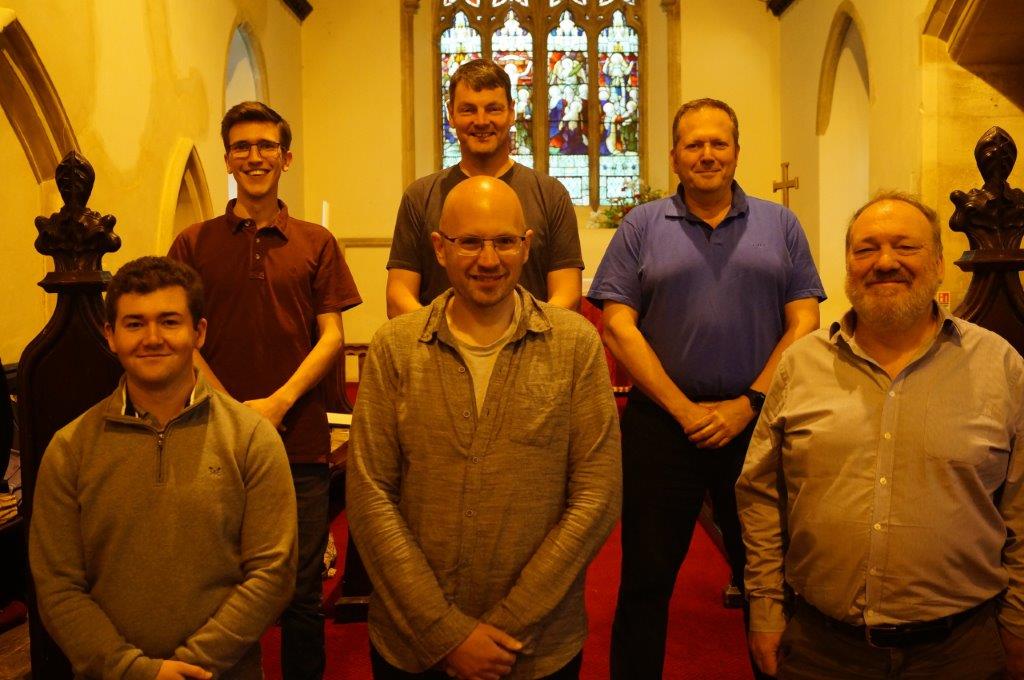
Judges Chris Poole and Matt Hilling
